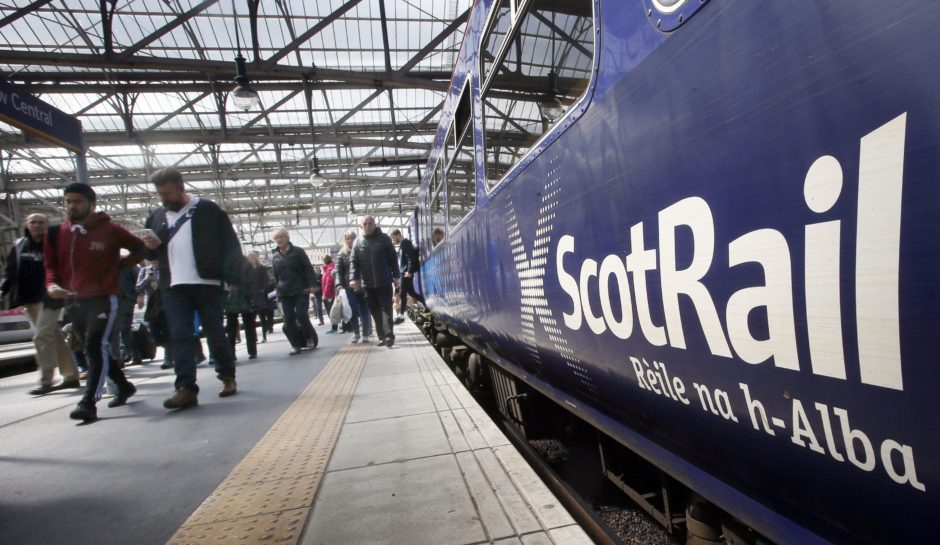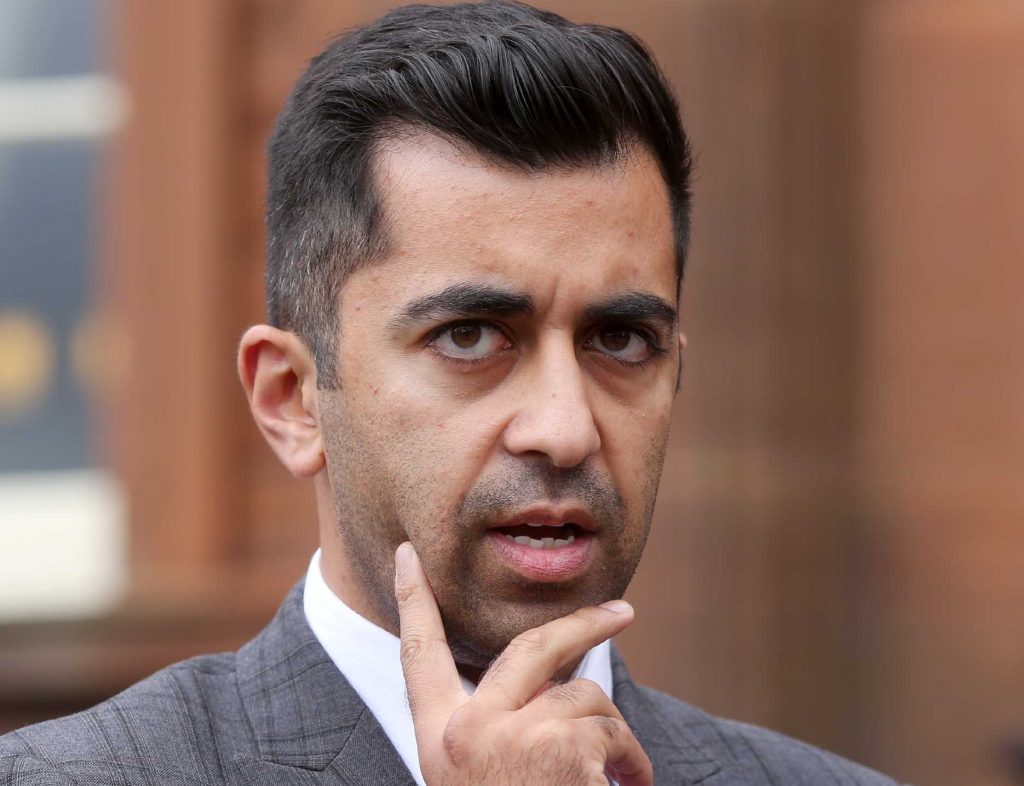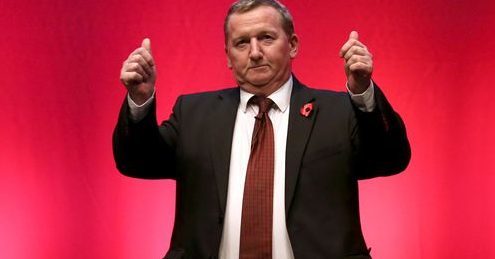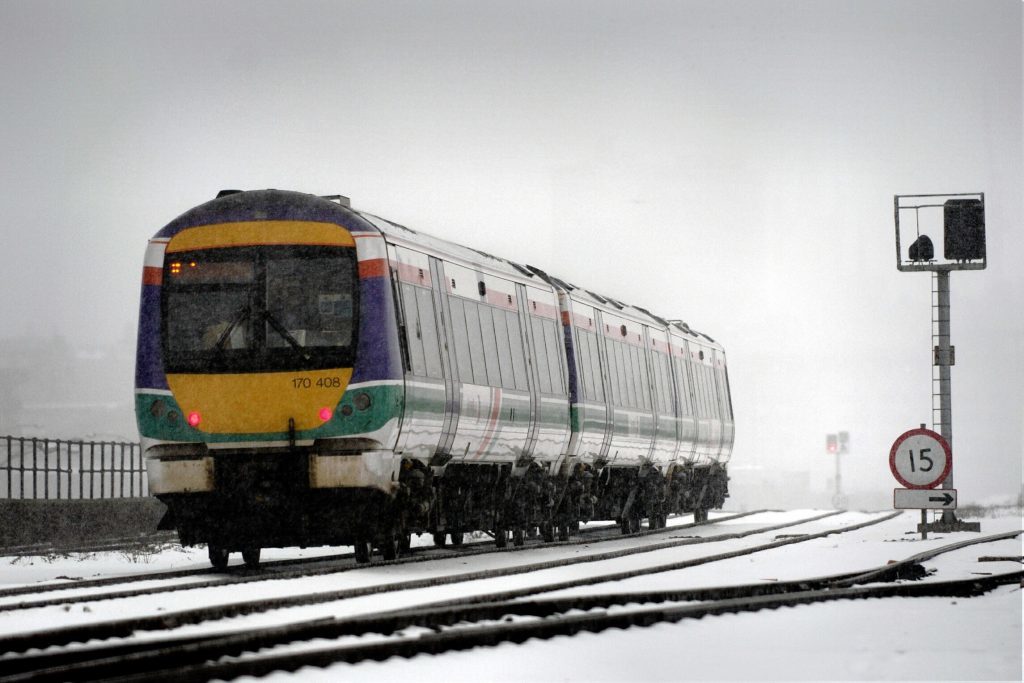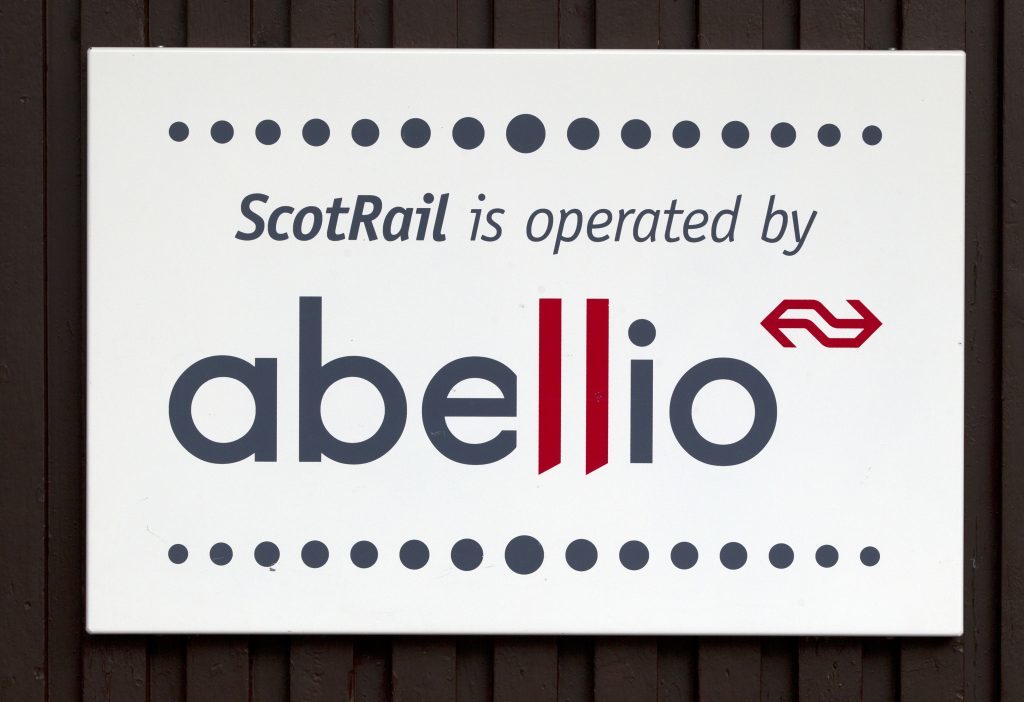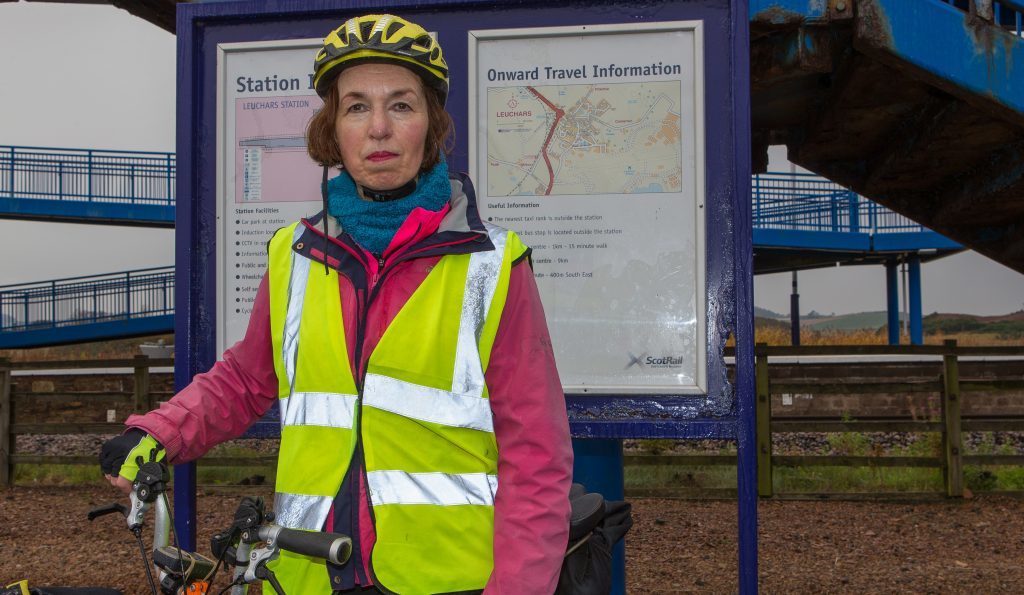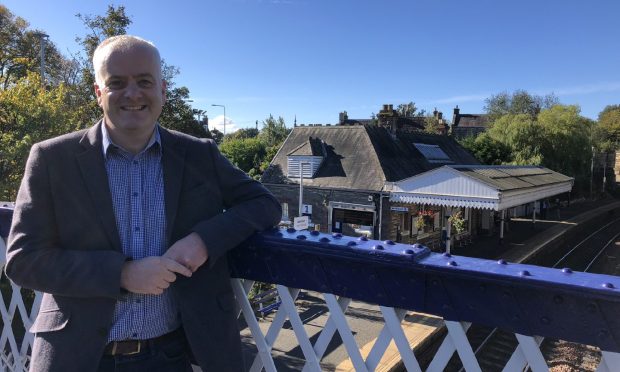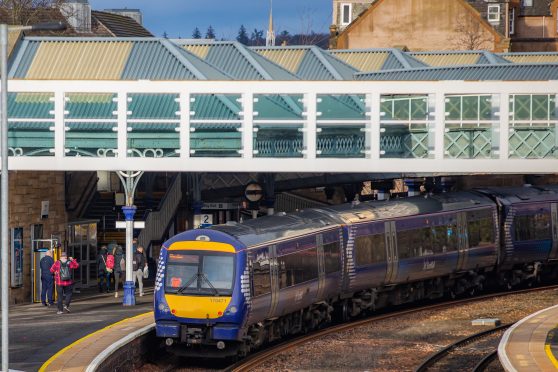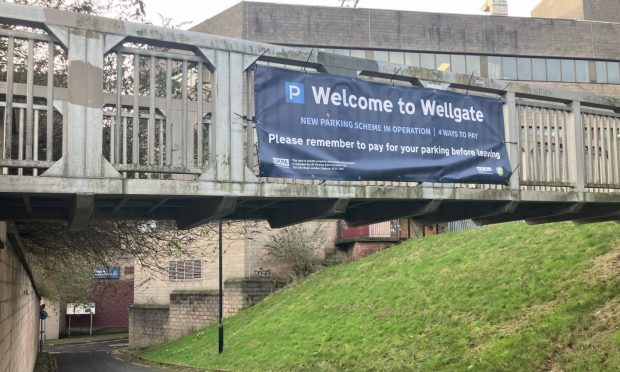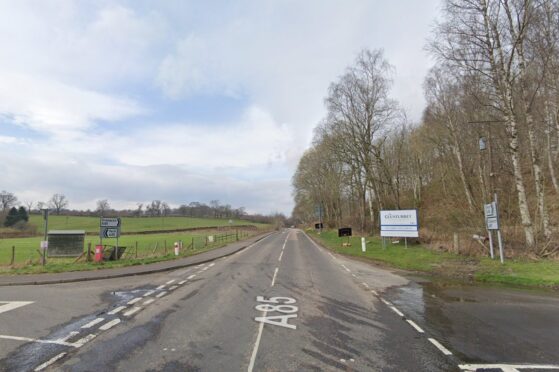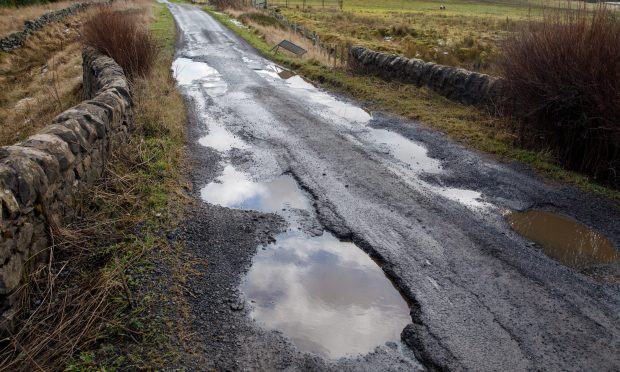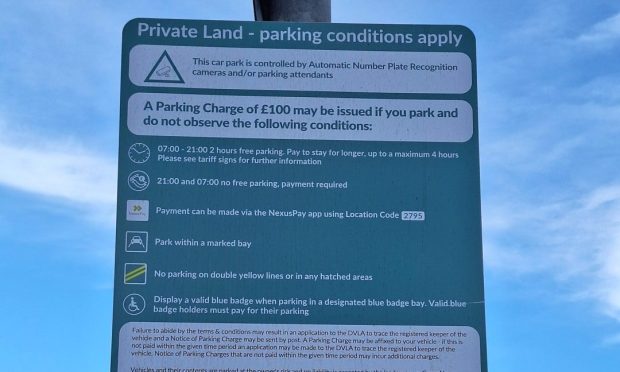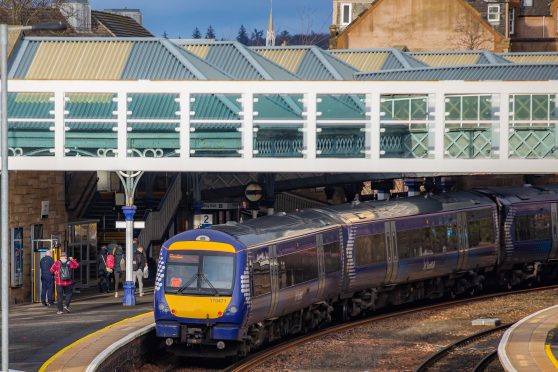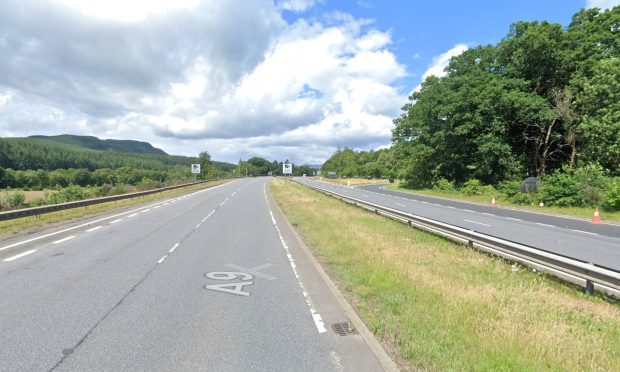With Scotland’s transport minister Humza Yousaf set to explain to MSPs on Wednesday November 23 how he plans to improve train services, is nationalisation of the railways the answer? Michael Alexander seeks the opinion of experts on both sides of the track.
When a train broke down between Haymarket and Edinburgh early last Thursday morning, it caused a knock on effect to all routes in the Central Belt, with 225 trains – one in 10 – cancelled and “chaotic” delays across the country.
Coming just weeks after ScotRail, operated by Dutch firm Abellio, was fined £483,000 for failing to meet required standards for trains and stations, and following criticism for delayed, cancelled and over-crowded trains, it caused widespread disruption for commuters and led to an apology being issued by First Minister Nicola Sturgeon.
But as the Dutch franchise owner blamed politicians and state-run infrastructure operator Network Rail for some of the recent problems – and as Scotland’s transport minister Humza Yousaf, confirmed he will address MSPs about the future of ScotRail amid the possibility of public ownership – is nationalisation of the Scottish railway operator really the answer?
Scottish Labour deputy leader Alex Rowley thinks so. The Mid Scotland and Fife MSP told The Courier: “I believe that the railway is a key public transport service and would be better placed to deliver good quality services at affordable rates within the public sector.
“The company currently running our railway is the Dutch state owned company Abellio ploughing the profits from Scotland back into Holland.
“I think it would be better if those profits were being reinvested into our railway”.
A similar view is taken by the train drivers’ union ASLEF which last week called on Mr Yousaf to resign, and which supports UK Labour leader Jeremy Corbyn’s vision of a nationalised rail network.
The union’s general secretary Mick Whelan said: “The privatised train operating companies are taking passengers – and taxpayers – for a ride with the highest fares in Western Europe, much older rolling stock, and more overcrowded trains, than ever before. Privatisation has failed.”
But critics say there is nothing new in discussions about a public sector bid for Scotland’s railways and point out that much of the rail system is already publicly owned.
Whilst Britain’s railways were nationalised by Labour in 1948 and returned to private hands by John Major’s Conservative government in 1993, track, signalling, stations, and rail infrastructure were then taken out of private hands, and put into a not-for-profit company, Network Rail – currently £41 billion in debt – after the collapse of Railtrack in 2002.
Charlotte Twyning, communications director for Abellio UK, said: “Any operator that runs the ScotRail franchise – public or private – does so to a tightly specified Scottish Government contract, which means that Ministers set fares and essentially determine how many seats are available and therefore how much overcrowding exists across the network.
“We acknowledge that the performance of the ScotRail Alliance is not good enough, but we are working hard with our clients – Transport Scotland and the Scottish Government – to make the changes necessary to improve the service to rail passengers.”
Hamsa Yousaf told yesterday’s BBC Good Morning Scotland programme that he had urged Abellio to bring forward up to £8m of investment in the railway to improve services.
He has also warned that failure to improve services by 2020 could result in Abellio’s contract being removed and potentially replaced with a public sector franchise bid.
However, Scottish Conservative shadow finance secretary Murdo Fraser, a Mid Scotland and Fife MSP, believes the suggestion from Humza Yousaf for a public sector bid to run ScotRail is a “red herring”.
Mr Fraser said: “He was under pressure because of the state of Scotland’s railways, and came up with this panicked suggestion in a television studio.
“It’s not been thought out, and would take years to come to fruition, which does nothing for passengers now.
“The focus must be on delivering a better train service now, not holding out hope of improvements in six years’ time.”
St Andrews rail link campaigner Jane Ann Liston, a former Liberal Democrat Fife councillor, says that “ideally” the railways would be under public ownership.
However she says it should be noted that when they were, governments of both colours failed to fund them adequately.
“The danger with nationalisation,” she said, “is that one might get a government, or transport minister, not sympathetic to rail, and then there is lack of investment and neglect, as happened in the days of BR. At least a private owner wants to run the business and make it successful.”
Perth-based Royal Scottish Geographical Society chief executive and rail campaigner Mike Robinson is “agnostic” when it comes to rail nationalisation. The key for him is that services need to be “better joined up”.
“I see the sense in one single entity being responsible for all rail delivery, but believe that the current problems are as much to do with ageing and outmoded infrastructure,” he said.
“So simply transferring operational ownership from one body to another is not really going to provide a solution.
“My concern is about modernisation and efficiency, and the general lack of vision and investment for a modern rail infrastructure.
“I find it incredible that trains in Victorian Scotland were able to get you to Perth and Dundee faster than modern trains out of Edinburgh, and think we need a proper vision for future rail infrastructure and services north of the central belt.
“Anything that precipitates that vision and scale of improvement I would support.”
